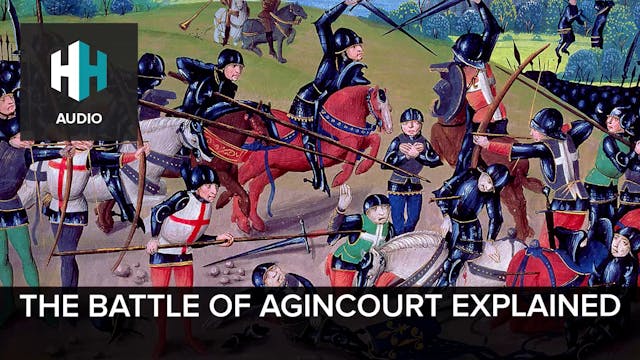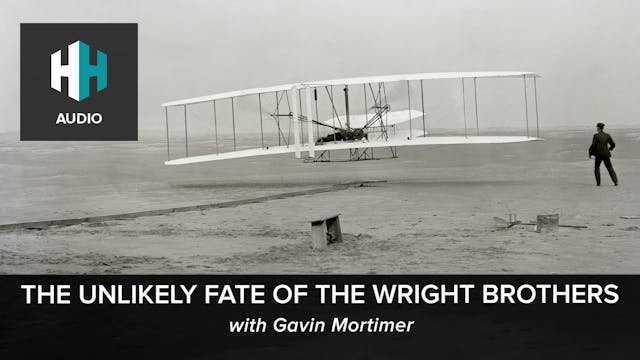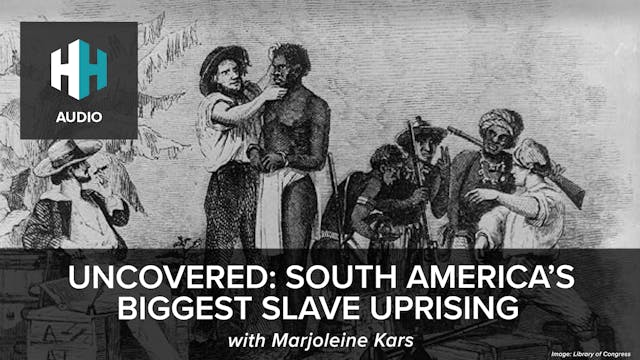While many traditions regard God to be incorporeal, some three thousand years ago in the Southwest Asian lands, a group of people worshipped a complex pantheon of deities, led by a father god called El. El had seventy children, who were gods in their own right. One of them was a deity, known as Yahweh. Yahweh had a body, a wife, offspring and colleagues. He fought monsters and mortals. He gorged on food and wine, wrote books, and took walks and naps. But he would become something far larger and far more abstract: the God of the great monotheistic religions.
Author of ‘God: An Anatomy’ and Professor of Hebrew Bible and Ancient Religion at the University of Exeter, Francesca Stavrakopoulou is today’s guest on the podcast. Examining God’s body, from his head to his hands, feet and genitals, Francesca and Dan discuss how the Western idea of God developed, the places and artefacts that shaped our view of this singular God and the ancient religions and societies of the biblical world and not only the origins of our oldest monotheistic religions, but also the origins of Western culture.
Up Next in 🎧 Dan Snow's History Hit
-
🎧 The Battle of Agincourt Explained
The Battle of Agincourt looms large in the English historical and cultural imagination, this explainer wades through the mythology to help listeners really understand this infamous battle.
From almost the moment the battle finished the myth of Agincourt was being spun. Henry V milked the victory...
-
🎧 The Unlikely Fate of the Wright Bro...
On a winter day in 1903, in the Outer Banks of North Carolina, two unknown brothers from Ohio changed history. The Wright Brothers took the world's first engine-powered flight. It didn't take long for countries around the world to realise that the Wright flying machine had the potential to revolu...
-
🎧 Uncovered: South America's Biggest ...
On February 27 1763, thousands of enslaved people in the Dutch colony of Berbice—in present-day Guyana—launched a huge uprising against their oppressors. Surrounded by jungle and savannah, the revolutionaries—many of them African-born—effectively controlled the colony for a year as they resisted ...




2 Comments